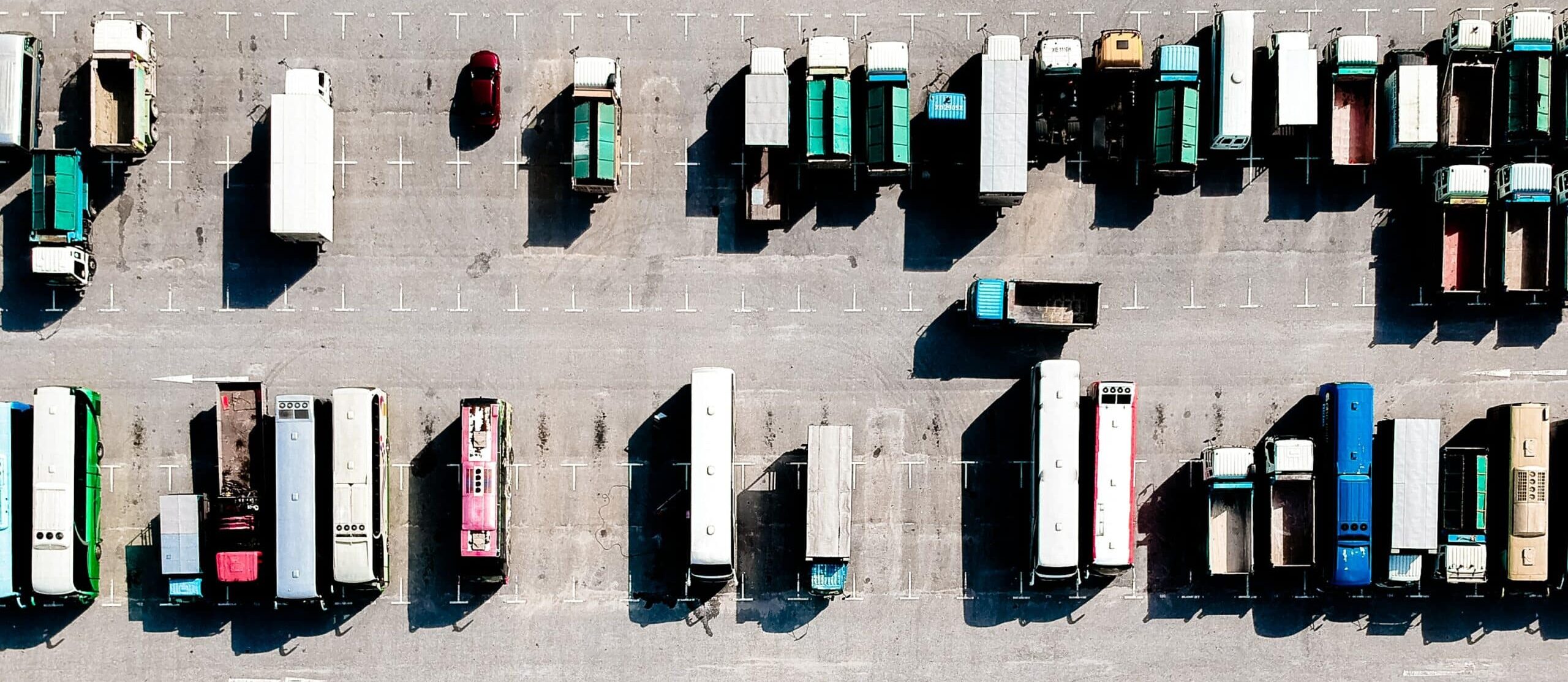The shortage of Adblue®, a necessary diesel additive for most of the trucks that drive in Europe. Without Adblue, most trucks are at a standstill – and the threat is reaching our supermarkets.
Let’s shed some light on this current topic for those who need clarification:
Why does a diesel vehicle require Adblue®?
Adblue® helps to reduce nitrogen oxide (NOx) emissions from a vehicle’s exhaust. Euro 6 emissions standards, which apply to all vehicles manufactured after September 2015, set very strict limits on the amount of NOx that can be legally emitted.
What happens if you run out of Adblue®?
If you run out of Adblue® while driving, the engine’s power and performance will be reduced in order to reduce emissions. If the Adblue® tank is empty when you stop, you won’t be able to restart the engine. When the AdBlue tank is running low, the car will give you plenty of warning.
What is the composition of AdBlue®?
According to the ISO 22242 standard, AdBlue® is a colourless mixture of high-purity urea (32.5%) and deionized water (67.5%). Urea contains ammonia, which is the active ingredient in AdBlue® and reacts with NOx before it enters the atmosphere.
Why exactly is there a AdBlue® shortage?
There is a global urea shortage, which causes the problem. Urea is the important component of AdBlue®. Because of supply and demand imbalances, urea prices have risen, causing AdBlue® production to fall. Urea is prepared commercially in vast amounts from liquid ammonia and liquid carbon dioxide.
These two materials are combined under high pressures and elevated temperatures to form ammonium carbamate, which then decomposes at much lower pressures to yield urea and water.
An important German manufacturer had stopped its production due to an ammoniac shortage: “We are running dry. We are emptying our inventories because we are no longer producing,” a spokesman of SKW Piesteritz states.
Prices are raising not only in Germany but globally constantly in strong spikes nowadays.
Effects on the supply chain
Another chain reaction of a vulnerable supply chain lies in front of the logistics sector: Again it is a result of globalization, which broadens supply chains while exposing them to greater risk. Economies of scale, in overall (though not always), make it more efficient and cost-effective to have one large factory in one location rather than many small factories spread across the globe. The issue arises whenever something occurs to that single factory.
CEO Dirk Engelhardt of German Federal Association of Road Haulage, Logistics and Disposal (short: BGL Bundesverband Güterkraftverkehr Logistik und Entsorgung (BGL) e.V.) assesses the situation like this “No AdBlue means no trucks. And that means no supply for Germany.”
What could be a possible solution?
At Saloodo! we try everything to help our carriers dealing with this AdBlue® shortage to avoid even more chain reactions from these current trends. For very urgent tenders our Saloodo! Carrier Manager, Sven Sprock, already organized successfully LNG (liquefied natural gas) trucks. He finds: “We are dealing still pretty good with this upcoming crisis, putting out fires step by step. Communication with our partners is key to find short- and midterm solutions.”
The media is discussing different solutions:
- Imports from abroad Expanding local production, in this case BASF
- Re-mapping engines to accept lower-grade additives
- Banning most exports of urea-based products
- Working on government-to-government trade deals.
The fact that the German government does not necessarily have the logistics industry’s specific problems in mind may also be due to the fact that the diesel engine is a discontinued model in the political plans. After all, diesel engines will be banned in new vehicles starting in the next decade, and all traffic will then be electrified within a few years.
Political decisions, however, are still far from the reality on the roads, particularly in the case of truck traffic: “The electric truck may be an alternative in the future, but at the moment only 0.01% of all heavy trucks in the transport industry drive with electric drive,” says Bundesverband Güterkraftverkehr Logistik und Entsorgung (BGL) e.V. board member Dirk Engelhardt.










